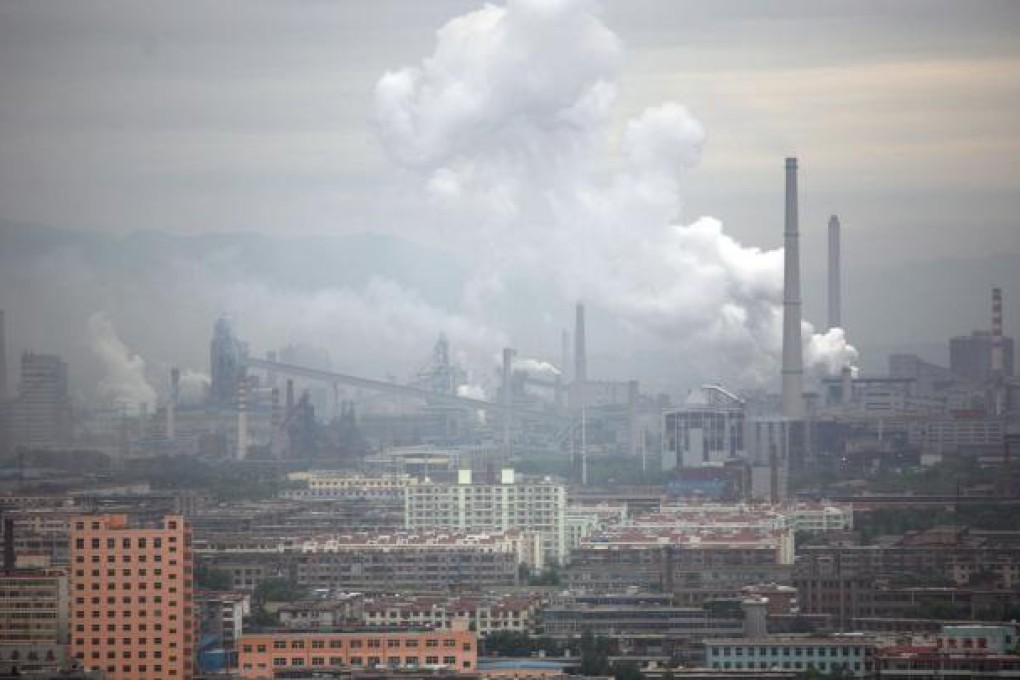Should some of China's carbon emissions be attributed to Hong Kong?
Climate-change scientists factor in trade as they seek equitable attribution of carbon dioxide emissions

Should Hong Kong share some responsibility for the mainland's CO2 emissions?
You may be puzzled by this question, as mainland China is now the world's largest emitter of CO2, but there is a valid argument for equitable attribution of CO2 emissions among countries and regions. This is a concept based on calculating emissions from international trade, a concept gaining traction among researchers in the climate-change field since 2008.
Take a look at the data from the International Energy Agency for territorial CO2 emissions of mainland China, Hong Kong and the United States between 2005 and 2009 and you can see some startling figures. There were increases in CO2 emissions in mainland China of 34 per cent and in Hong Kong of 17 per cent, while those in the United States decreased 10 per cent. For 2005, we can also estimate the CO2 emissions per capita to be about four, six and 20 tonnes, respectively.
Hong Kong's territorial CO2 emissions come mainly from the combustion of fossil fuels such as coal, petrol, diesel and natural gas in transport and industrial machinery, in millions of kitchen stoves and in producing a portion of its electricity. But Hong Kong should really be responsible for a fair portion of CO2 emissions in mainland China.
Over the years, Hong Kong has outsourced much of its manufacturing there. Numerous factories are owned by Hong Kong businesses. By necessity, Hong Kong imports the majority of its goods from the mainland and other countries.